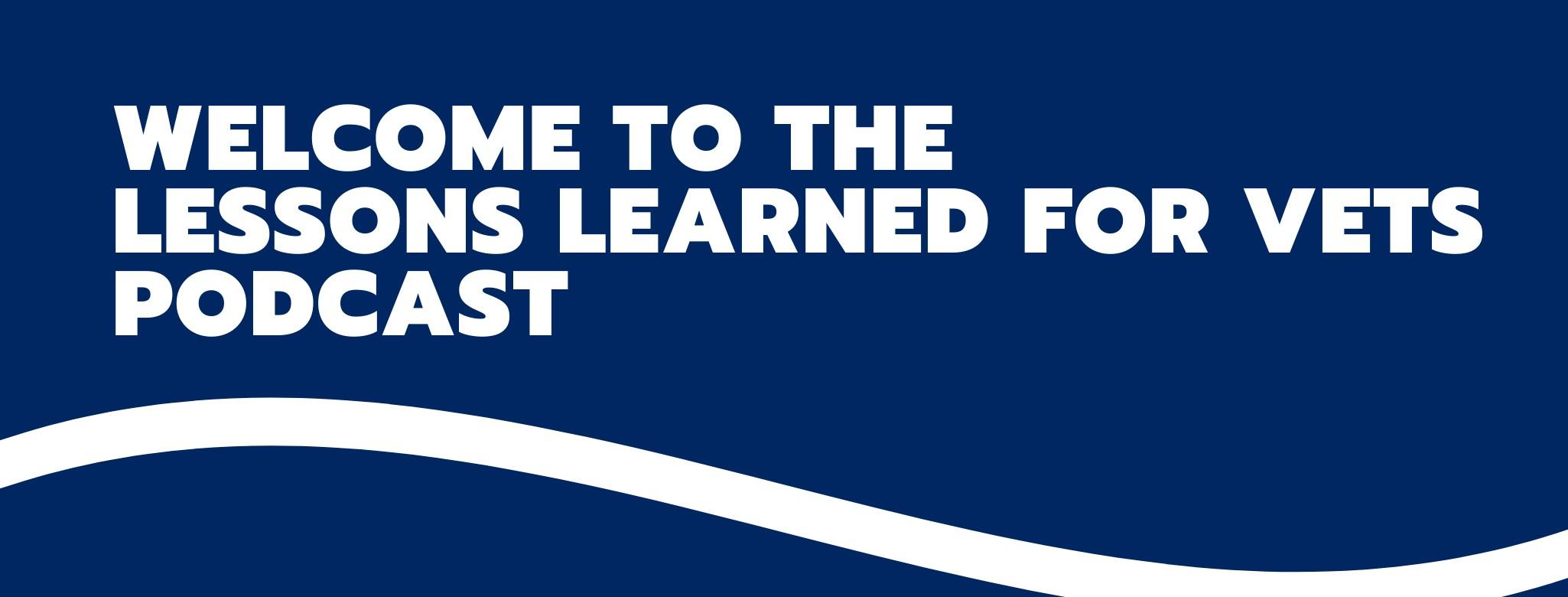
-
-
Episode #22: Adapting to Overcome Military Transition Barriers with Alfredo Torres
Currently the Virginia Transitional Assistance Program Regional Coordinator for the central and western regions, Alfredo Torrres is also the Candidate Coordinator for the Hire Vets Now program, which is the first DoD-approved state Skill Bridge program. Alfredo’s own transition out of the Navy in 2005 was sooner than he expected and he faced many challenges without many of the resources available today. His considerable post-military work experience includes Radio Personality, EMT and Adjunct Professor, to name a few. Today, Alfredo leans into his passion of helping people as a Virginia career coach, certified service provider, certified professional resume-writer and job search trainer. He and Lori will continue their conversation into next week, focusing on the transition resume and providing more insight into whether to get a pro or not.
Lessons Learned:
- When you try to do the transition on your own, you miss a lot of information and opportunity.
- Ask for help to avoid needless suffering.
- Make sure the job you lined up provides the needed salary and benefits to support your family.
- The abundance of resources for transitioning service members can be overwhelming. Do your research to determine who is actually qualified to help you in your transition.
- Common struggles for transitioning service members include:
- Lack of preparedness
- Lack of self-awareness
- They don’t know what they actually want to do after the military career.
- They don’t know their own strengths and weaknesses.
- They don’t know how to talk to civilians.
- They don’t realize that they’re institutionalized.
- Active leadership needs to become aware of the pain of transitioning worries, including salary disparities and lack of direction for new careers.
- Consider if you’ve been repressing feelings of anger, frustration or negativity. If you have, then you need to ask for help.
- If a friend reaches out to you with a need to vent, just listen and be present. Often, friends need a safe place to release pressure, and they are not looking for your to provide them with solutions to their problems.
- Just like you learned to adapt to military standards, you can and will adapt to civilian culture.
- You adapt in communicating through networking conversations, your resume, your LinkedIn profile, your job interview…
- Adaptation begins when you understand that you are more than your military identity.
- Learn to explain your value to an organization in ways civilians understand.
- Think about the other skills you gained besides your military job title. For example:
- A 20+-year “infantryman” is a: leader, trainer, mentor and more.
- Anyone with at least 1 enlistment has had managerial and planning experience, probably far more than the average civilian in his or her 20s who is just getting out of college or in an entry-level position.
- You can connect with Alfredo on LinkedIn:
- https://www.linkedin.com/in/alfredotorres1/
-
Are You Struggling to Write Your Resume?
I created the Veteran Resume Self-inspection Checklist to lessen the resume writing struggle for veterans. This 11-item checklist will educate you in resume best practices while giving veterans a guide to assess their resume and determine if it's ready to send to employers.
Download Your Checklist Here




